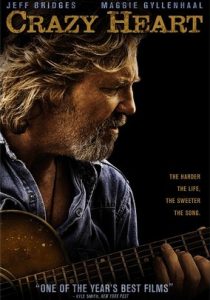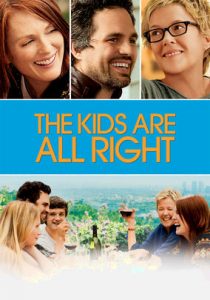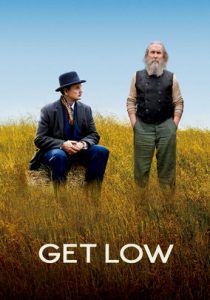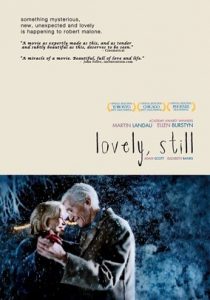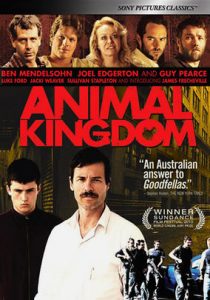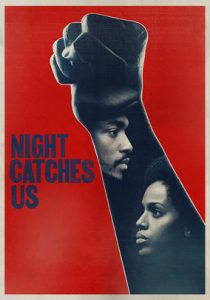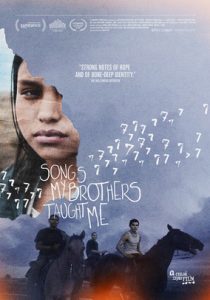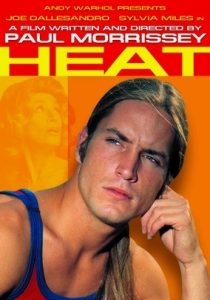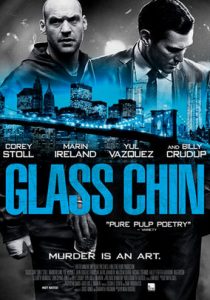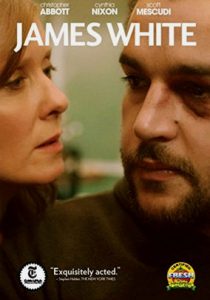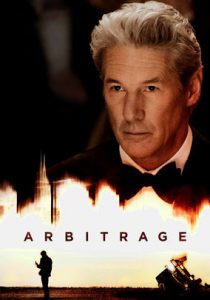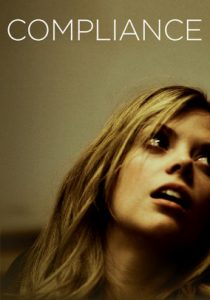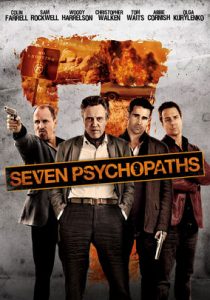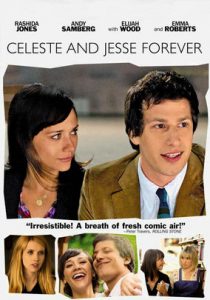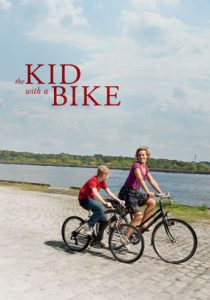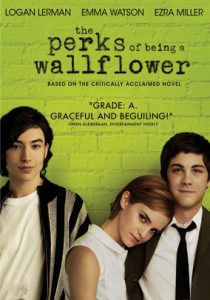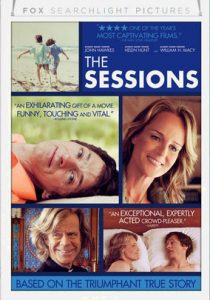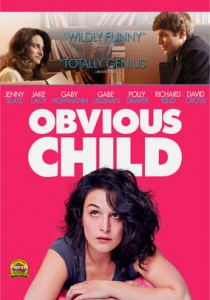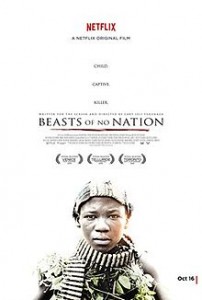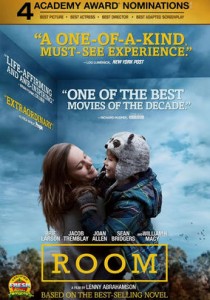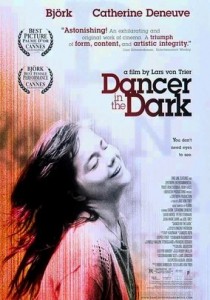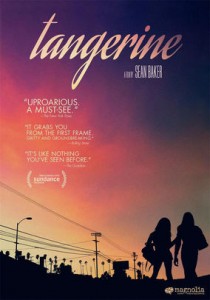Manchester by the Sea-2016
Director Kenneth Lonergan
Starring Casey Affleck, Michelle Williams
Scott’s Review #542

Reviewed December 11, 2016
Grade: A
Manchester by the Sea (2016) is a beautiful film.
Told from a slow build-up to a crescendo and a big reveal mid-stream about one of the character’s pasts, it takes time, which is why it is so compelling.
The audience slowly becomes familiar with the characters, making them rich with nuances. They care about them and their predicaments, just as good, solid storytelling should.
The film is a slice of life, dark drama, but I did not find it to be a downer in the least bit—instead, a film with rich writing and great characters. A good movie makes you care for the characters like real people.
Casey Affleck is excellent as the lead character, Lee Chandler. In the film, he plays a janitor who lives a mundane life in Quincy, Massachusetts, tending to apartment buildings. He calmly deals with indifferent, angry, or odd tenants.
Affleck portrays this man with reserve and occasional outbursts of rage. His anger is confusing, but as the story unfolds, we begin to understand what this man has been through and the reasoning behind his anger, even though he is a good person.
Lee receives a call one day with news that his brother, Joe, has died.
Kyle Chandler plays Joe through many flashbacks throughout the film. Upon Joe’s death, Lee returns to Manchester (where he formerly resided) and is told he will be the guardian of his sixteen-year-old nephew, Patrick (Lucas Hedges).
In the mix are the characters of Joe and Lee’s ex-wives- Elise and Randi (Michelle Williams), playing small yet pivotal roles.
The film is dark, and many characters either suffer from emotional trauma, neurosis, or some other maladies, either physical or emotional.
The slice-of-life analogy comes into play. Everyone can relate to these characters in some way, and most people have lived in towns like this and/or have suffered crappy turns of events in life.
When Lee returns to Mansfield, he is a familiar face with a hint of mystery and history. Mansfield is a small town; everyone knows each other’s business, and the characters are hardened, blue-collar, and rugged individuals.
In addition to Affleck’s compelling performance, Williams must be mentioned. She gives a tremendous, heart-wrenching performance as a good woman in pain, trying to carry on and do the right things, forging some adequate existence, as is Lee.
Anyone who has gone through pain (which is everybody) can relate to these characters.
The supporting cast, including even the tiny characters, is perfectly cast and has hearty Boston-type accents that I loved. From Joe’s wife to Patrick’s girlfriend’s mother to various other walk-on characters, each has a vulnerability mixed with toughness.
It is as if life has been challenging, and they are wary of trust, yet they help each other and stick together.
The characters are a major positive to Manchester by the Sea.
Many reflective moments abound within the film, and we are often given scenes of Lee driving down the highway deep in thought. Or long shots of the vast Atlantic Ocean, where fishing is a large part of the character’s lives.
Fishing boats and waves are monumental in the film.
These are not throwaway scenes but interesting, compelling moments rich with meaning.
During the best sequence of the film, when a startling event occurs, the scenes are mixed with classical and operatic music, giving the scenes and the shocking revelations power and meat.
It is heavy stuff but also beautiful, with a compelling musical score.
Not to be drowned by the heavy drama, Manchester has some quirky, dry humor moments. When Joe is initially told about his heart condition, he and his father unintentionally call his female Asian doctor by the wrong name.
When family friends host a party following Awaken, they awkwardly misunderstand each other when they attempt to fix Lee a plate of food. Finally, nobody can find the deceased Joe’s belongings at the hospital. These awkward moments add some comic relief to the film.
I adore well-crafted, emotional, compelling family dramas. Too often, they are cliche-ridden and highly predictable.
Manchester by the Sea (2016) has brilliant writing, top-notch acting, and intricately layered characters.
This film has it all.
Oscar Nominations: 2 wins-Best Picture, Best Director-Kenneth Lonergan, Best Actor-Casey Affleck (won), Best Supporting Actor-Lucas Hedges, Best Supporting Actress-Michelle Williams, Best Original Screenplay (won)
Independent Spirit Award Nominations: 1 win-Best Feature, Best Male Lead-Casey Affleck (won), Best Supporting Male-Lucas Hedges, Best Screenplay, Best Editing
